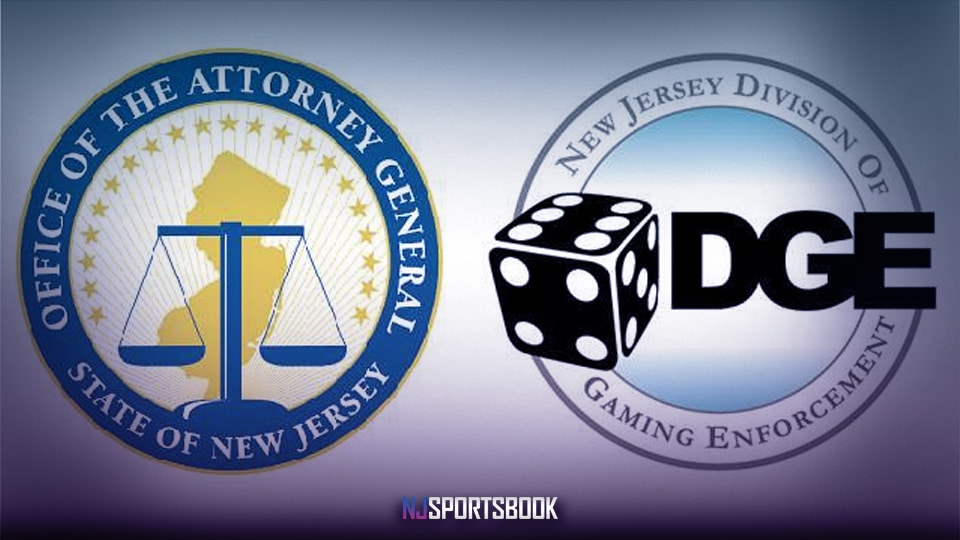New Jersey’s Division of Gaming Enforcement has warned the Vegasinsider website that it is violating Federal and State Laws.
It gave the sports betting information site notice on June 28 that it was doing this by promoting illegal offshore sportsbooks. The DGE demanded it immediately desist from doing so, otherwise it would be subject to civil and/or criminal sanctions.
The DGE’s notice made special mention of an ad promoting BetOnline.ag, an illegal, online sportsbook based offshore in Panama.
New Jersey sportsbooks must partner with licensed State Casinos or racetracks and undergo strict reviews before they can operate legally.
Offshore sites like BetOnline.ag have never been licensed anywhere in the U.S. The internet, however, made it possible for them to do sports betting business in the US for years. This even during the time when the PASPA ruling outlawed sports betting almost everywhere except in Nevada.
Action to be taken against illegal sportsbook promotion
Consequently, the New Jersey DGE has laid down the law: No sportsbook that has previously operated in the state without a license will be allowed to do so now. In addition, action will be taken against any media operator that promotes illegal sportsbooks.
“Illegal sites that accept wagers from players in the United States pose a significant threat to the regulation of lawful gaming.”
This is how Deputy Attorney General Anthony Strangia put it in a letter to VegasInsider’s owner, Mark Mariani.
The DGE’s latest move against VegasInsider is not the first time it has taken steps to prevent the gaming media from promoting illegal sportsbooks.
Earlier this year it sanctioned two other gaming-information sites for doing the same thing. One was the high-profile oft-quoted OddsSharks. The other was the lesser-known LatestCasinoBonuses (LCB).
US punters need to be re-educated
Because US punters have been betting offshore with impunity for years, the DGE strongly believes consumers need to be re-educated. With sports betting now perfectly legal in New Jersey, they need to know which sites are legal there and which are not.
Betting media companies can play a major role in shaping a punters actions and preferences. So can the mainstream media and news agencies.
It is not unknown for mainstream sports media organizations like ESPN and Sports Illustrated to innocently promote illegal sites. They do it by quoting their odds on offer or publishing news about them.
Rebuck and his New Jersey DGE plan to put a stop to it in any way they can. Don’t be surprised, then, if further notices of transgressions go out in the upcoming months. And don’t bet on it that none will result in prosecutions.




